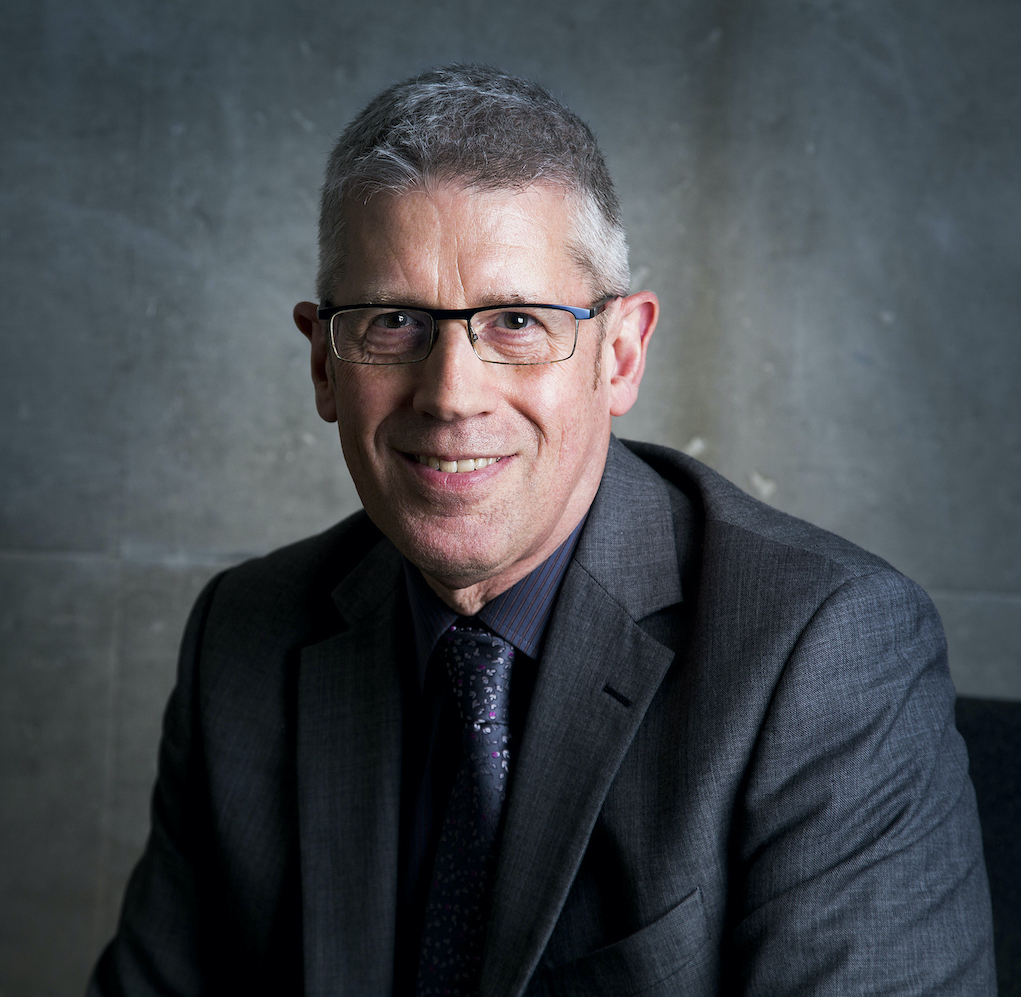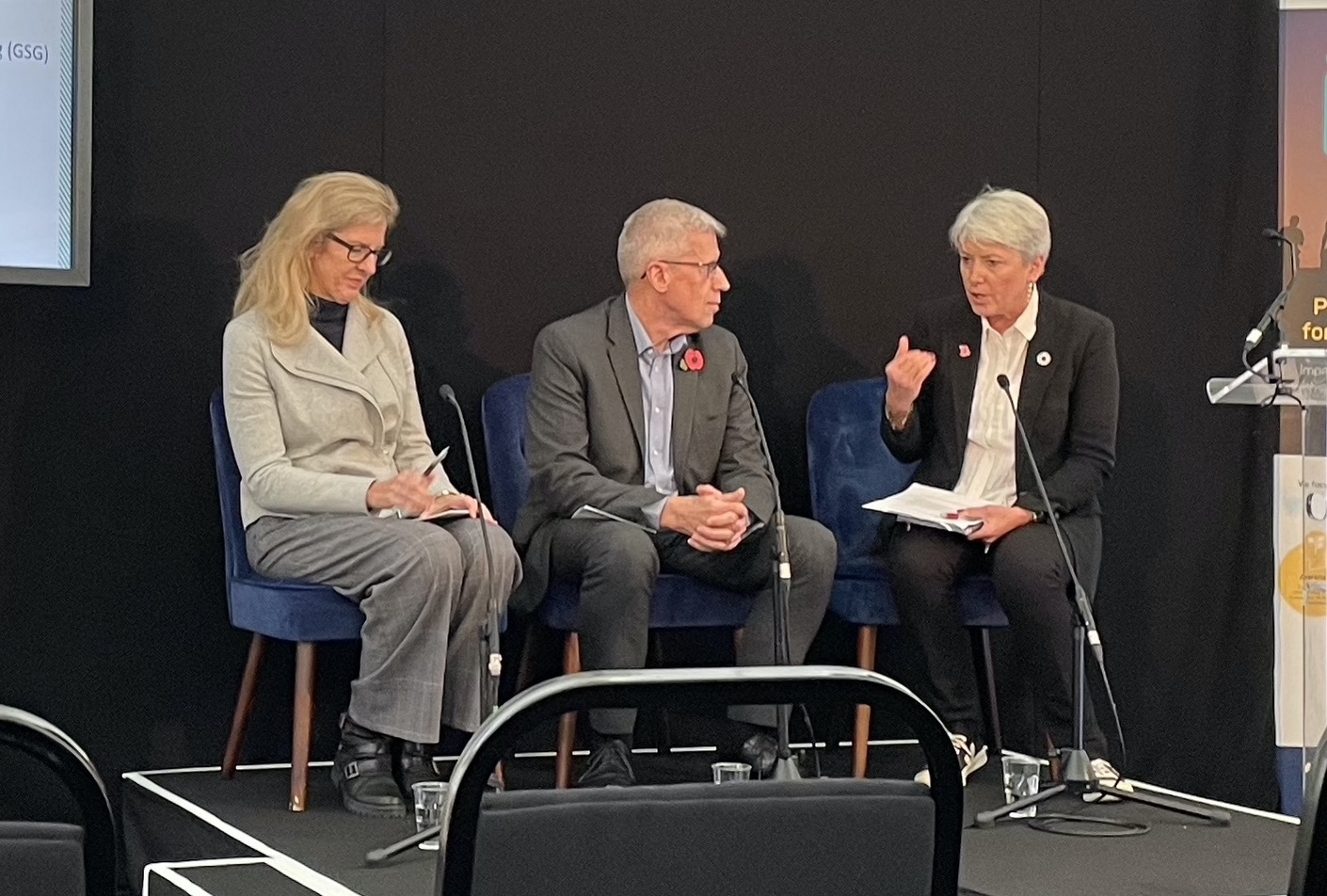COP26: ‘Tangible sense of social justice’ key to net zero transition – GSG boss
People must feel "a tangible sense of social justice" for the transition to net zero to succeed, the boss of the influential Global Steering Group for Impact Investment (GSG) said on Monday.
Ahead of a COP26 fringe event in Glasgow, Cliff Prior (pictured) told Pioneers Post that while the climate challenge could be solved, a “very substantial disruption” was going to take place. If the resulting social impact wasn’t accounted for, people wouldn’t come on board and net zero wouldn’t be achieved, he explained.
He gave the example of the “gilets jaunes” movement in France, where a proposal for a carbon tax on petrol prices in 2018 led to months of protests among disadvantaged communities that are highly car-dependent.
tax on petrol prices in 2018 led to months of protests among disadvantaged communities that are highly car-dependent.
“A just transition is ethically right, and even for the deepest green activist it’s essential,” he added.
Sarah Gordon, CEO of the Impact Investing Institute, also in Glasgow, told Pioneers Post there were three components to a just transition to net zero: climate, social impact and community involvement. Those needed to be considered together. But, she added, there was “a big issue around the siloing of social and environmental impact”.
However, this year’s COP showed a much wider acceptance of the need for a just transition than previous events, Gordon said, “because it is the right thing to do but also because there’s a very good business case for it.”
There's a big issue around the siloing of social and environmental impact
Investor demand for “green plus” products (investments with both environmental and social impacts) was considerable, she added, giving the example of the Impact Investing Institute’s proposal for a Green+ Gilt that attracted attention last year.
Speaking at a panel discussion hosted by the Impact Investing Institute on Monday, Gordon said there were “incredible commercial opportunities” in the transition to net zero and that businesses and investors now recognised that pro-actively seeking these opportunities could bring a competitive advantage. “But I think it's also really important for us to think about... investments that really provide opportunities for people to take advantage of the new sustainable economy that we all want to see.”

Above: the panel at the COP26 fringe event in Glasgow – from left: Laurie Spengler, CEO of Courageous Capital Advisors, Cliff Prior and Sarah Gordon.
Scaling and accelerating
The global impact investing market – which has reached about $1tn – is nowhere near the scale of finance needed to achieve the UN Sustainable Development Goals by 2030 – estimated at $90tn.
Prior said there was a need to tap into other types of investments, such as ESG (environmental, social and governance) investing, which represents about $40tn.
ESG finance aims to reduce negative climate and social risk by excluding some investments, but unlike impact investing, does not intentionally try to achieve climate or social goals. So the question, Prior said, was how to apply impact investing approaches to some ESG funds to grow the capital available for impact investing.
“Impact investing is absolutely crucial right now. We must be clear here, there are many challenges to achieve [including] net zero, social and climate imperatives. But if you haven't got a finance system that is positively designed to achieve social and climate goals, you haven't got a chance.”
If you haven't got a finance system that is positively designed to achieve social and climate goals, you haven't got a chance
GSG and the Impact Investing Institute are spearheading the work of the G7 Impact Taskforce, launched last summer with an aim to scale up impact investing worldwide.
Backed by the UK government, the Impact Taskforce brings together 120 influential figures from across the finance industry, from the World Bank to S&P Global and Blackrock. It is due to publish recommendations in December for the different actors across the finance industry and government to help develop impact investing – from policy proposals to innovative investment products.
Gordon said the level of change seen over the past two years was “astonishing”, as the impact of the pandemic created a “sense of urgency” not only around the climate crisis but also around social inequities.
“We have to take advantage of this momentum, and respond to that.”
Thanks for reading our stories. As an entrepreneur or investor yourself, you'll know that producing quality work doesn't come free. We rely on our subscribers to sustain our journalism – so if you think it's worth having an independent, specialist media platform that covers social enterprise stories, please consider subscribing. You'll also be buying social: Pioneers Post is a social enterprise itself, reinvesting all our profits into helping you do good business, better.




